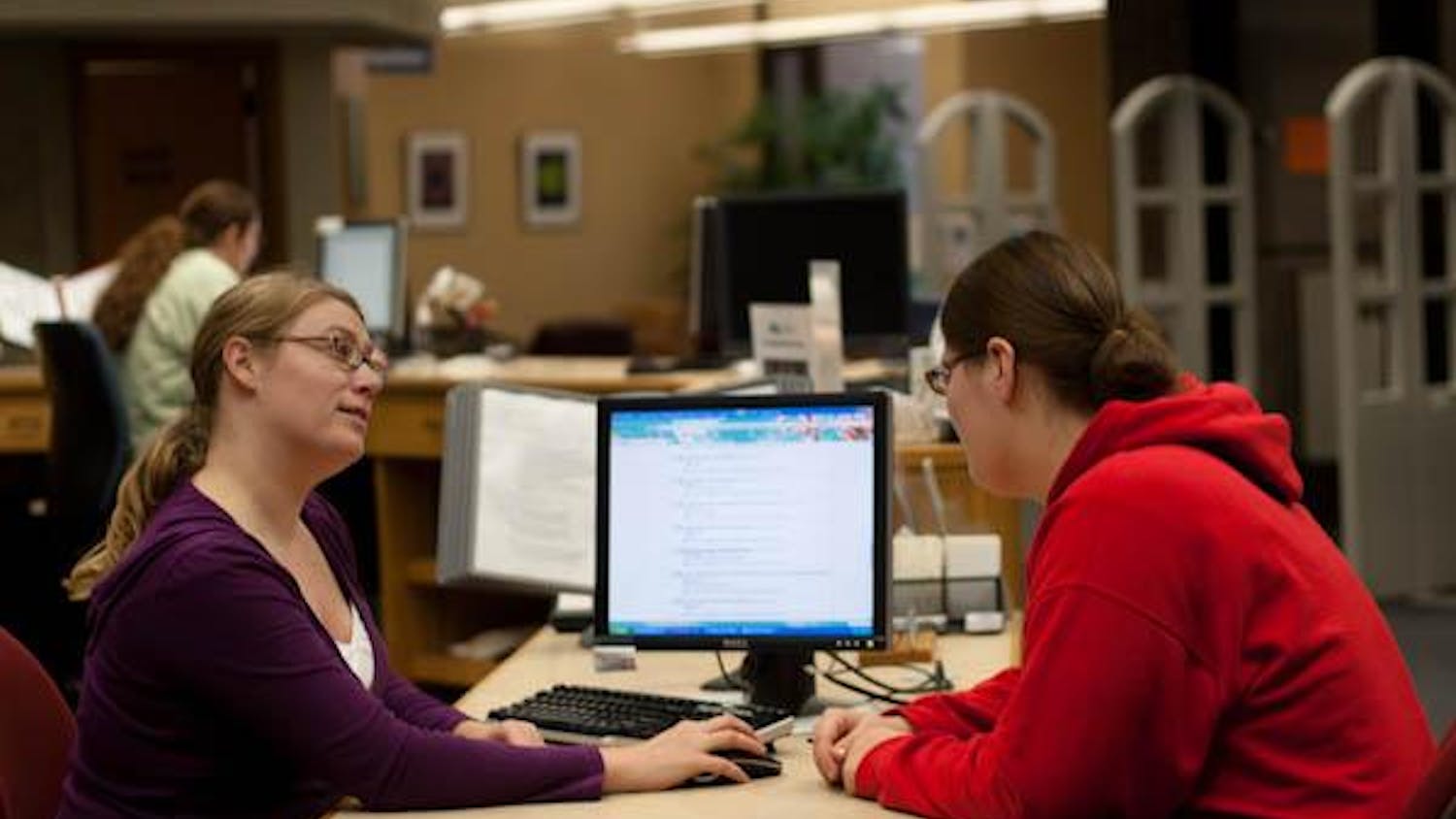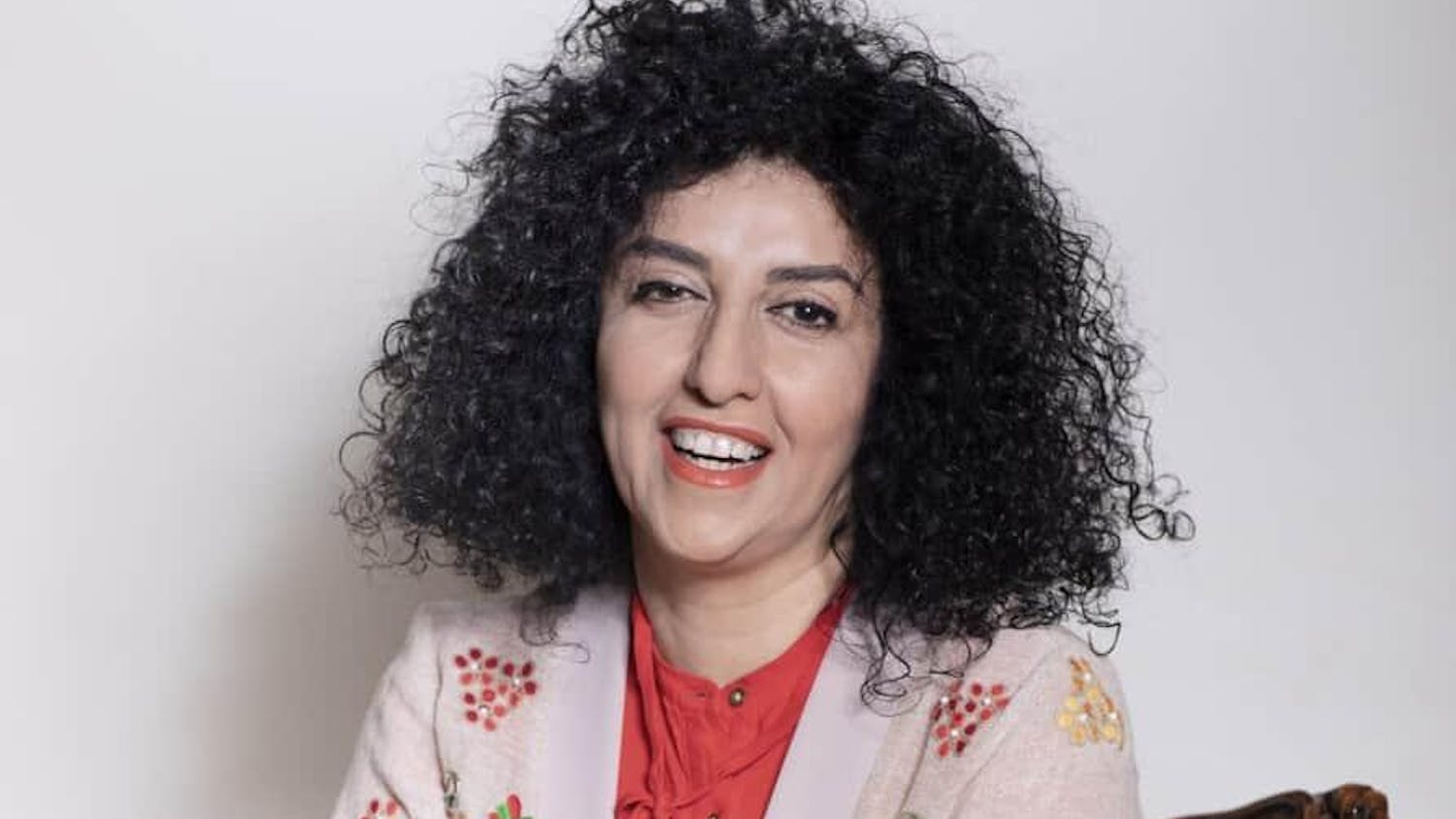By Kate Berkey | Echo
"Let me live one day as a human."
These words, spoken by a woman whose brother died in the Palestinian-Israeli conflict, illustrate a deep need in the Middle East. For me, these words demonstrate a fundamental desire I have never needed to put into words, because in the safety of my American home, the faraway war only crosses my mind when it appears on the news.
The battle between Israel and Palestine has persisted for over fifty years, resulting in the loss of thousands of lives. Just since September 2000, 1,185 Israelis and 9,100 Palestinians have died in this battle. Of these, 132 were Israeli children and 2,053 were Palestinian children.
The drastic difference between these numbers should make us pause. The difference in numbers in Israel's favor could provide an interesting angle on this topic. But approaching the issue from this vantage point rejects solutions and leads readers to take sides. I fail to remember that these statistics represent more than numbers.
They embody people.
The U.S. government allots $3.15 billion per year to aid Israel's military. Although Israel and Palestine need strong militaries, we must ask when this defense creates more damage than safety. Are these militaries truly providing safety as innocent civilians die because of military action? Countries hold the right to defend themselves, but the use of military power on a daily basis results in consequences that could snowball out of control.
When major conflicts arise, Israel and Palestine enact cease-fires, but these cease-fires are inevitably broken. In July the U.N. proposed a five-hour cease-fire. Both countries accepted. Only nine days later, another cease-fire, this time for twelve hours, was accepted. When Israel asked to extend it an additional twelve hours, Hamas, the terrorist group that controls the Gaza strip, declined.
The battle raged on with rockets, terrorist attacks and civilian casualties.
But this conflict involves more than strategy, military might and negotiation. If these countries use missiles against missiles, the death toll will continue to rise. With every death, the bitterness and conflict increases. The solution to this problem is complex. It cannot be fixed with one answer, and I don't claim to provide the ultimate solution. But vengeful military action is not part of the solution.
One organization, The Parents Circle, seeks a different way to peace, setting aside rockets and machine guns. Comprised of over 600 Israeli and Palestinian families who have lost children, parents and siblings, this organization finds reconciliation in the form of forgiveness and friendship. Among other things, The Parents Circle members meet with Israeli and Palestinian students on a daily basis. They tell a different side of the story these young people have heard all their lives.
The Women's Group, another initiative, meets three or four times a year with Palestinian and Israeli women, with members sometimes staying in one another's homes. Partnering with the U.S. Agency for International Development and the U.S. Institute of Peace, The Parent's Circle also created a movie called "The Two Sided Story," depicting the hurt of both peoples. In their efforts, they remind people, even their own people, to humanize those around them.




